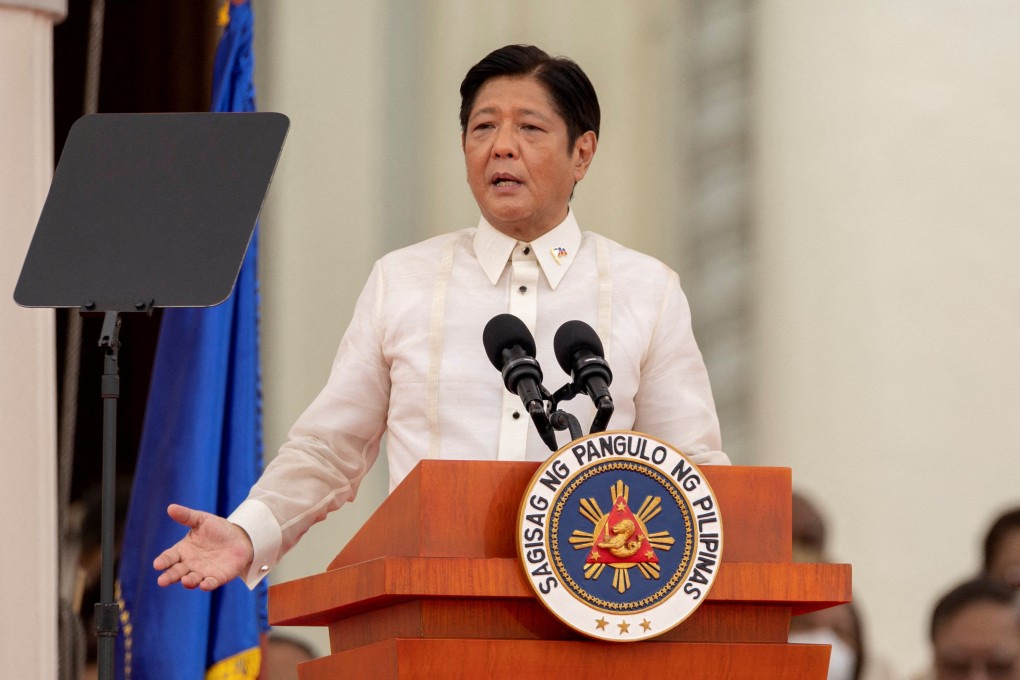Opinion | Philippines’ Marcos should look to China’s success in fighting corruption
- Marcos Jnr must work to gain public trust – starting by assuaging fears of a return of the widespread corruption of his father’s government
- For this, he should build closer ties with China, which has benefited from Xi Jinping’s decade-long anti-corruption campaign

Anyone who has visited Manila, capital of the Philippines, will be familiar with two famous landmarks.
One is the EDSA shrine in Ortigas Centre, Manila’s financial district. It was built in 1989 to commemorate the People Power Revolution, the peaceful demonstrations that eventually toppled the government of president Ferdinand Marcos in 1986.
The other is the People Power Monument located in the centre of Quezon City, built to commemorate the same event but on a much larger scale. The monument is composed of figures representing all sectors of society with their arms linked in solidarity. It is a poignant symbol of the fight against corruption and a reminder of the country’s history.
In his inauguration speech, Marcos Jnr promised that he and his government were developing a “comprehensive, all-inclusive plan for economic transformation”, which includes massive infrastructure building.
